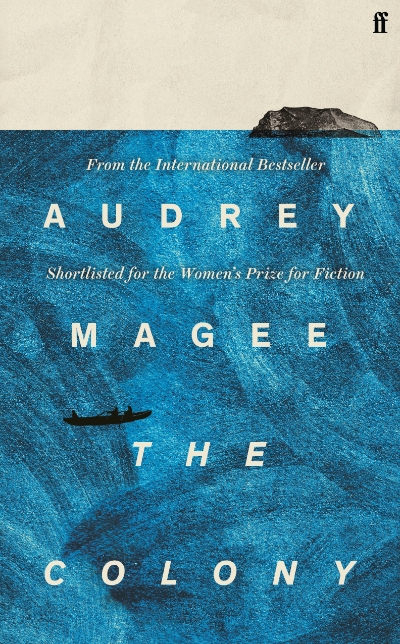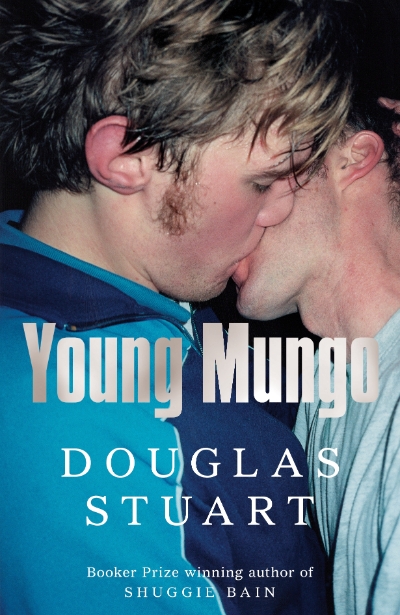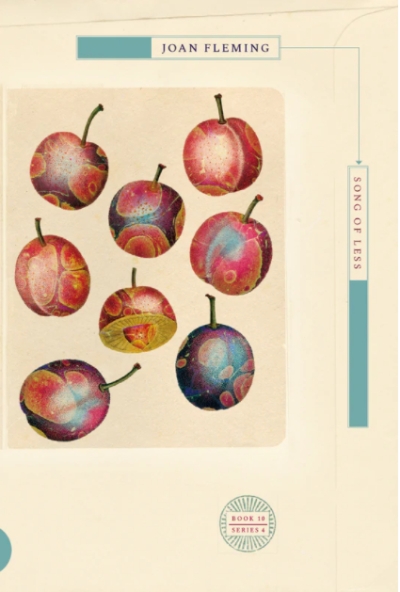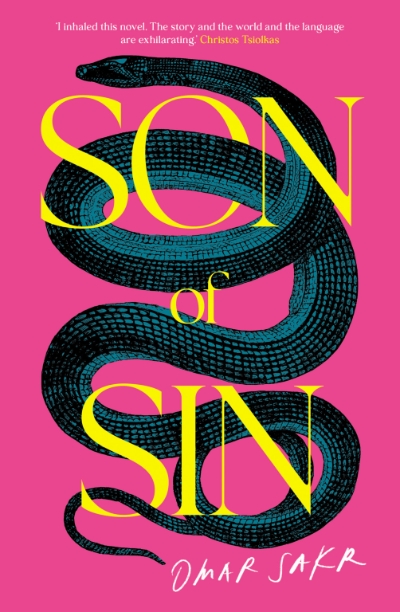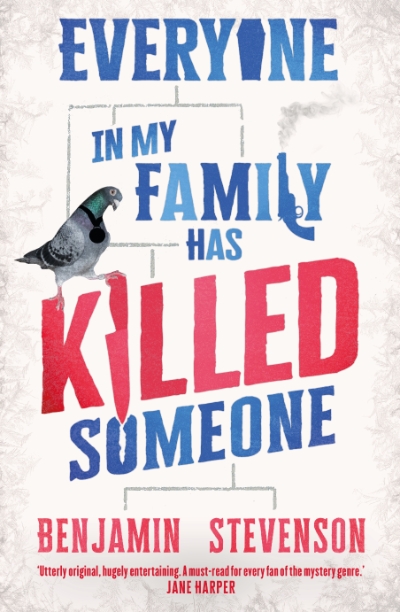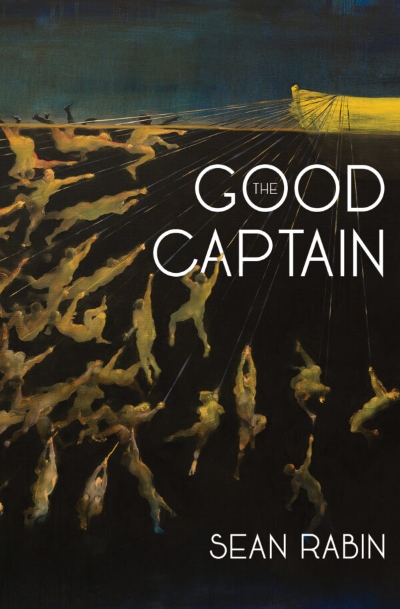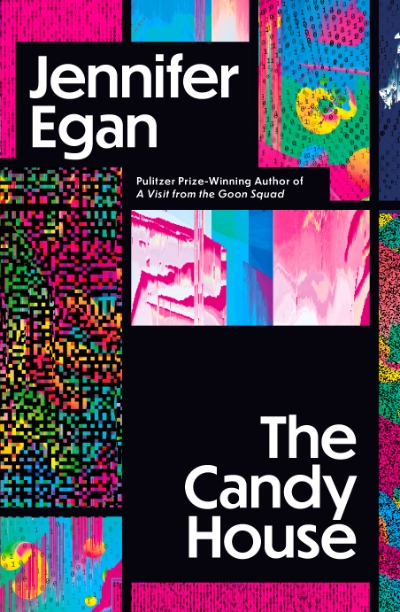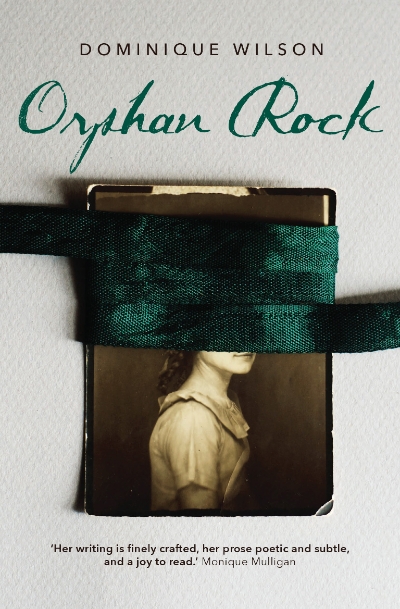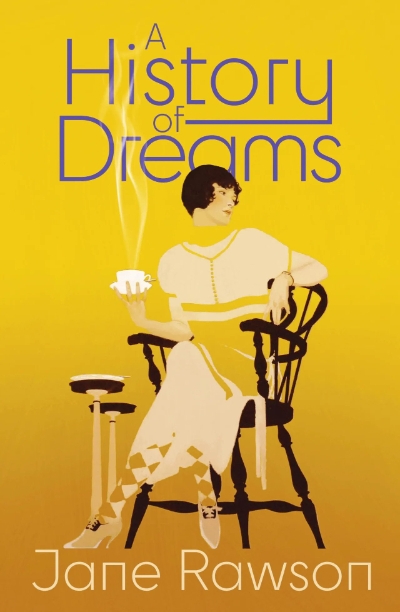Fiction
oubtless there will come a time when one’s more disciplined reading self requires nourishment from serious books that offer sustained intellectual, creative, and moral challenges. In the meantime, books – in particular the contemporary urban novel – may continue to satisfy by being charming, delightful, witty, heart-warming, hilarious, astringently refreshing, sharply observed, and deliciously original.
... (read more)Everyone in My Family Has Killed Someone by Benjamin Stevenson
by Francesca Sasnaitis •

